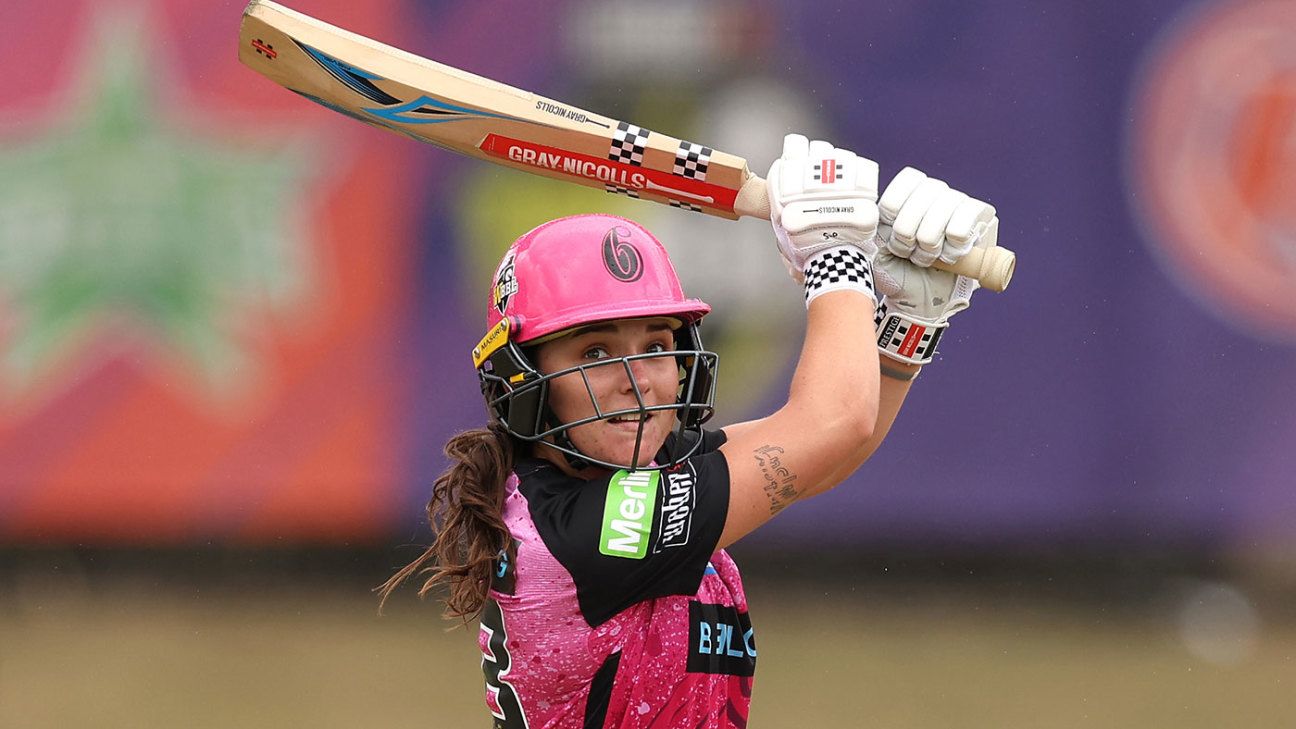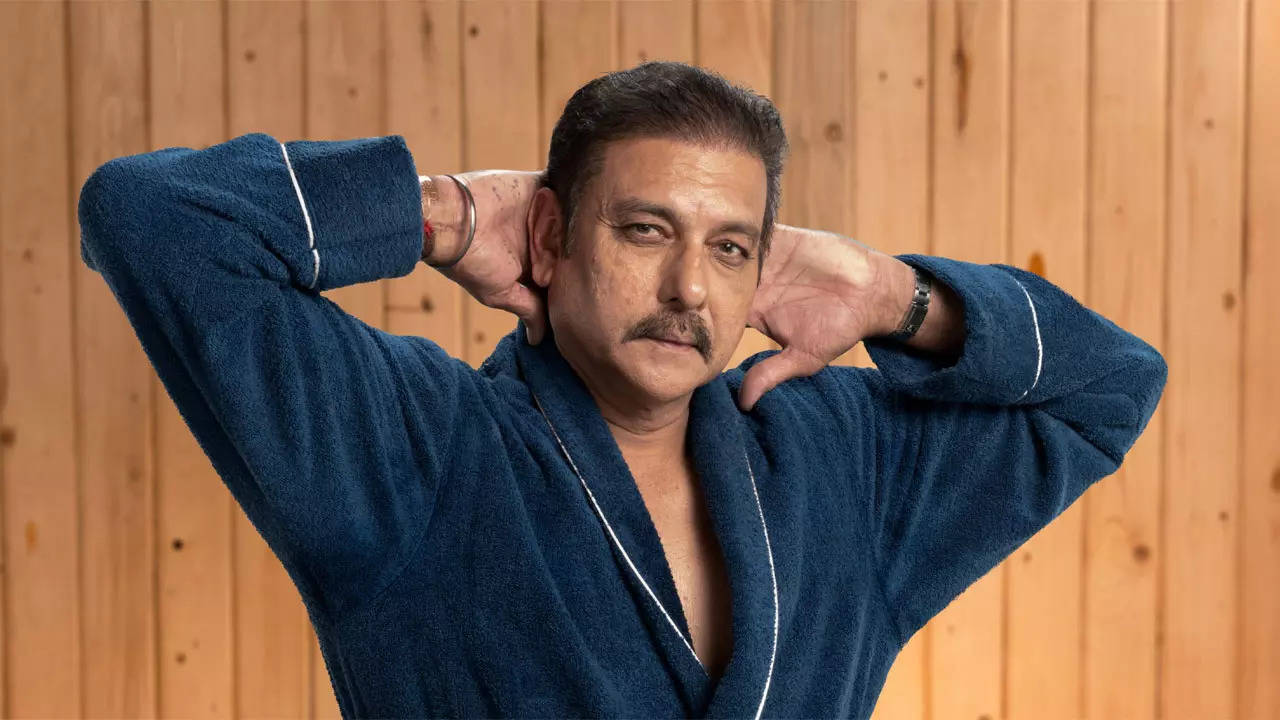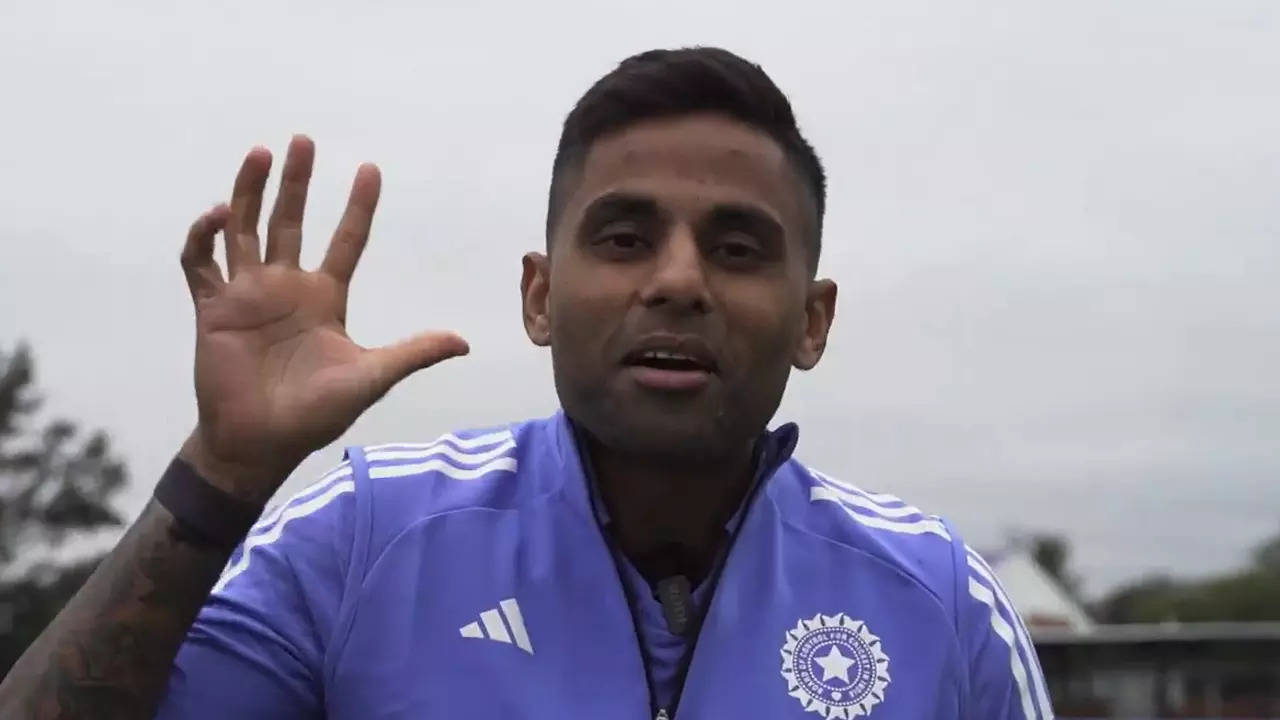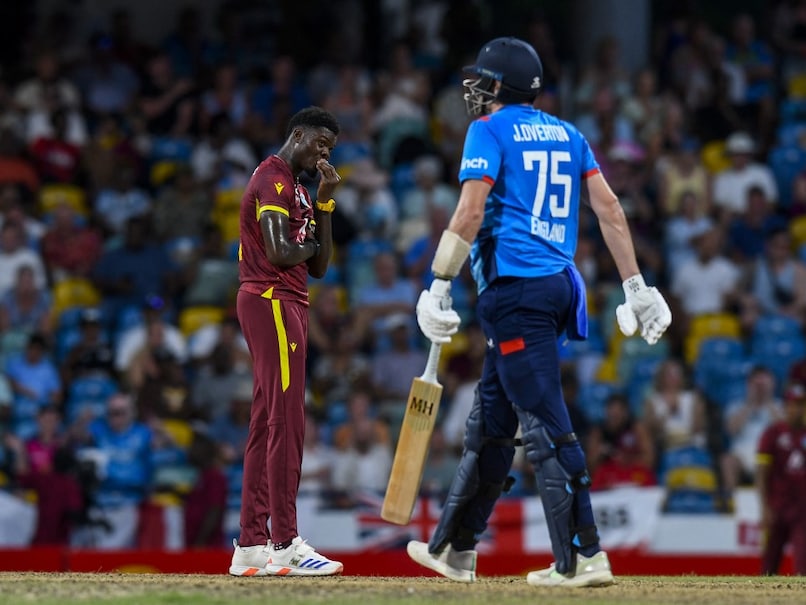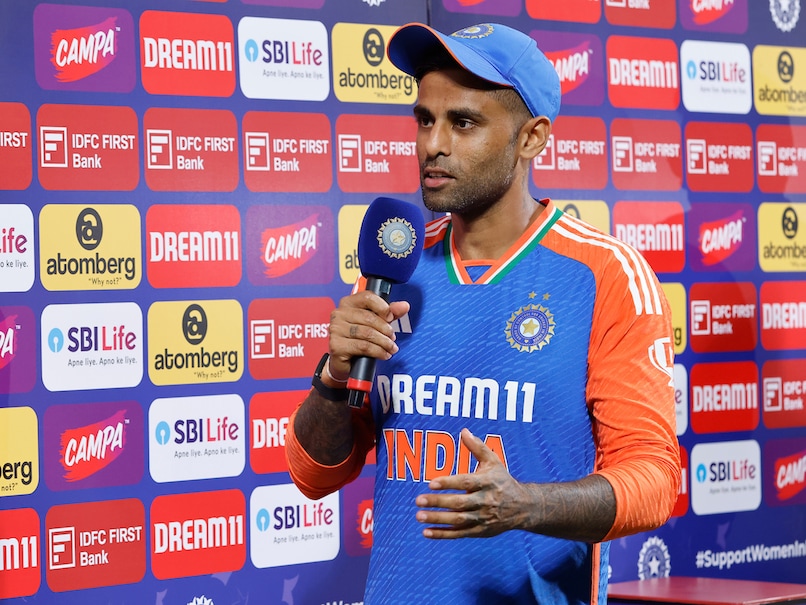Delhi Capitals’ Controversial Win Over Rajasthan Royals: Umpiring Blunder or Justified Decision?
In a thrilling IPL 2024 encounter at the Arun Jaitely Stadium, Delhi Capitals emerged victorious over Rajasthan Royals by a margin of 20 runs. However, the match was marred by a controversial dismissal that sparked heated debates and raised questions about the accuracy of umpiring decisions.
Chasing a formidable target of 222, Rajasthan Royals skipper Sanju Samson was dismissed in the 16th over after a catch by Shai Hope at long-on. Replays of the incident showed that Hope came perilously close to the boundary line while completing the catch, leading to speculation that he may have touched the rope with the ball in his hand.
The third umpire, Michael Gough, ruled in favor of Delhi Capitals, declaring Samson out for 86. This decision ignited a heated argument between Samson and the on-field umpires, with the RR skipper expressing his dissatisfaction.
Former England batter Paul Collingwood weighed in on the controversy, suggesting that Gough should have consulted additional camera angles before making his decision. “Maybe he could have given himself another angle, just to double-check. Because it was so, so close,” Collingwood said.
Collingwood also acknowledged the pressure on umpires to expedite decisions in the IPL, but emphasized the importance of accuracy in such crucial moments. “I think, on this occasion, a couple of more angles, just to clarify could have put everybody at ease. That might have been the best way to go,” he added.
The incident also resulted in a fine of 30% of his match fee for Samson for breaching the IPL Code of Conduct. The IPL statement stated that Samson committed a Level 1 offense under Article 2.8 of the Code of Conduct, which he admitted to and accepted the Match Referee’s sanction.
The controversy surrounding Samson’s dismissal has reignited discussions about the role of technology in umpiring decisions and the need for greater accuracy in close calls. As the IPL continues to attract global attention, the pressure on umpires to make split-second decisions will only intensify, making it imperative to find ways to ensure fairness and consistency in the adjudication process.


